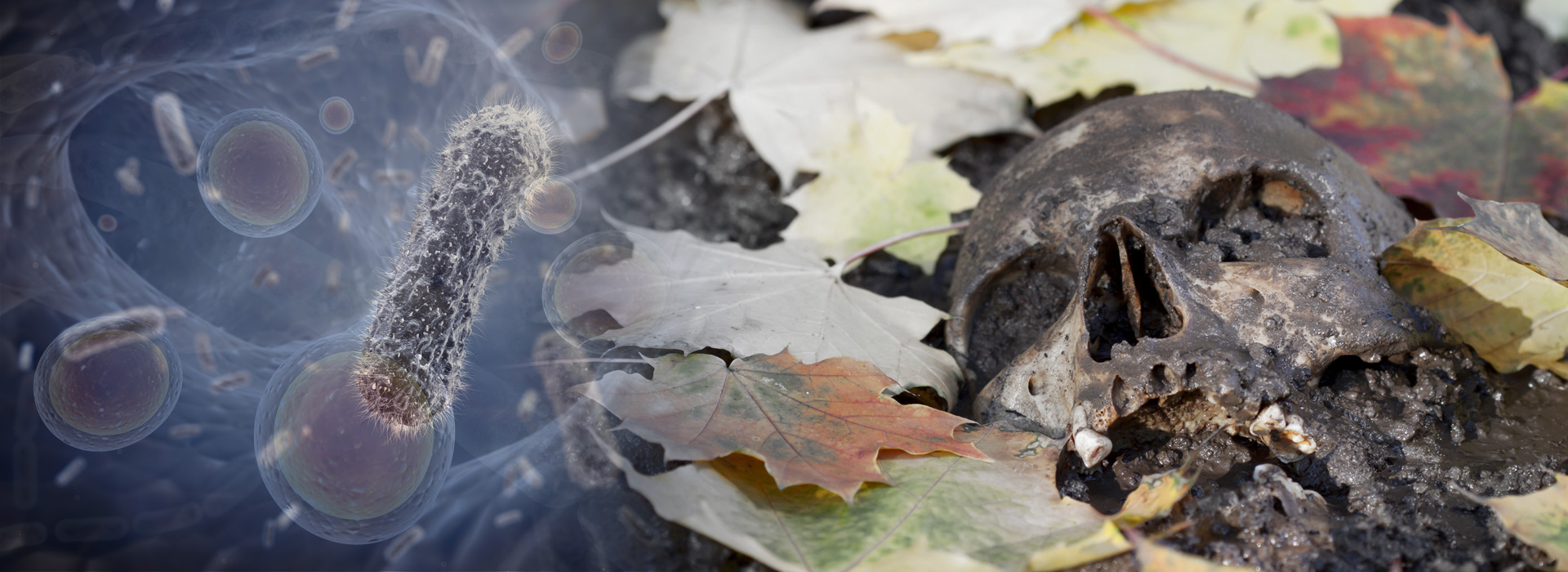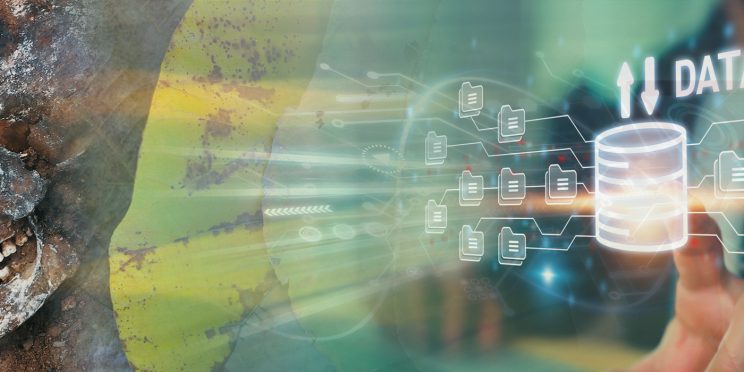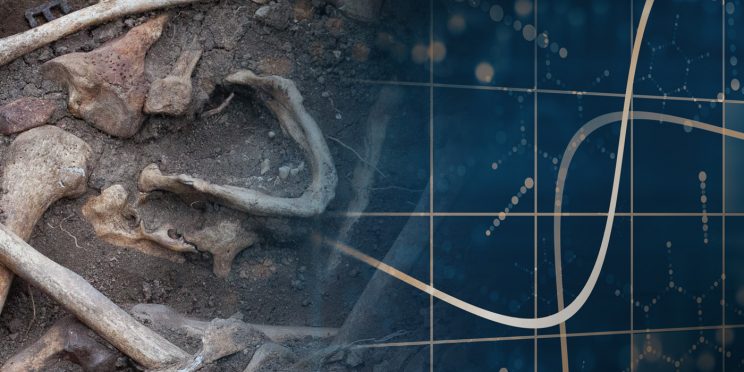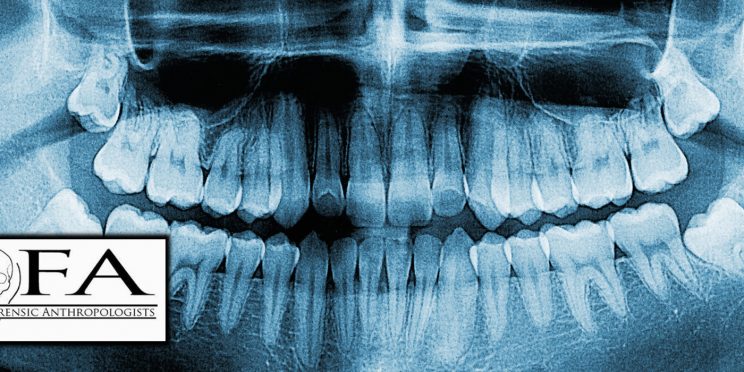National Institute of Justice and the National Museum of Health and Medicine
Date
April 2015
Overview
Data on the microbiome of decomposing and skeletonized remains are providing an avenue for understanding how microbial communities may be used to augment medicolegal investigations. Through a research grant from the National Institute of Justice (NIJ), the American Registry of Pathology developed a novel baseline dataset of bacterial communities and physicochemical parameters associated with human decomposition. For those engaged in identifying human remains, the dataset helps support decisions about when and where to invest resources in specific areas of postmortem investigations (e.g., identifying victims by defining the time-since-death window).
“In life and death the body is its own ecosystem.”
- Franklin Damann, Ph.D. | National Museum of Health and Medicine
Funding for this Forensic Technology Center of Excellence success story was provided by the National Institute of Justice, Office of Justice Programs, U.S. Department of Justice.
The opinions, findings, and conclusions or recommendations expressed in this success story are those of the author(s) and do not necessarily reflect those of the U.S. Department of Justice.
Contact us at ForensicCOE@rti.org with any questions and subscribe to our newsletter for notifications.




